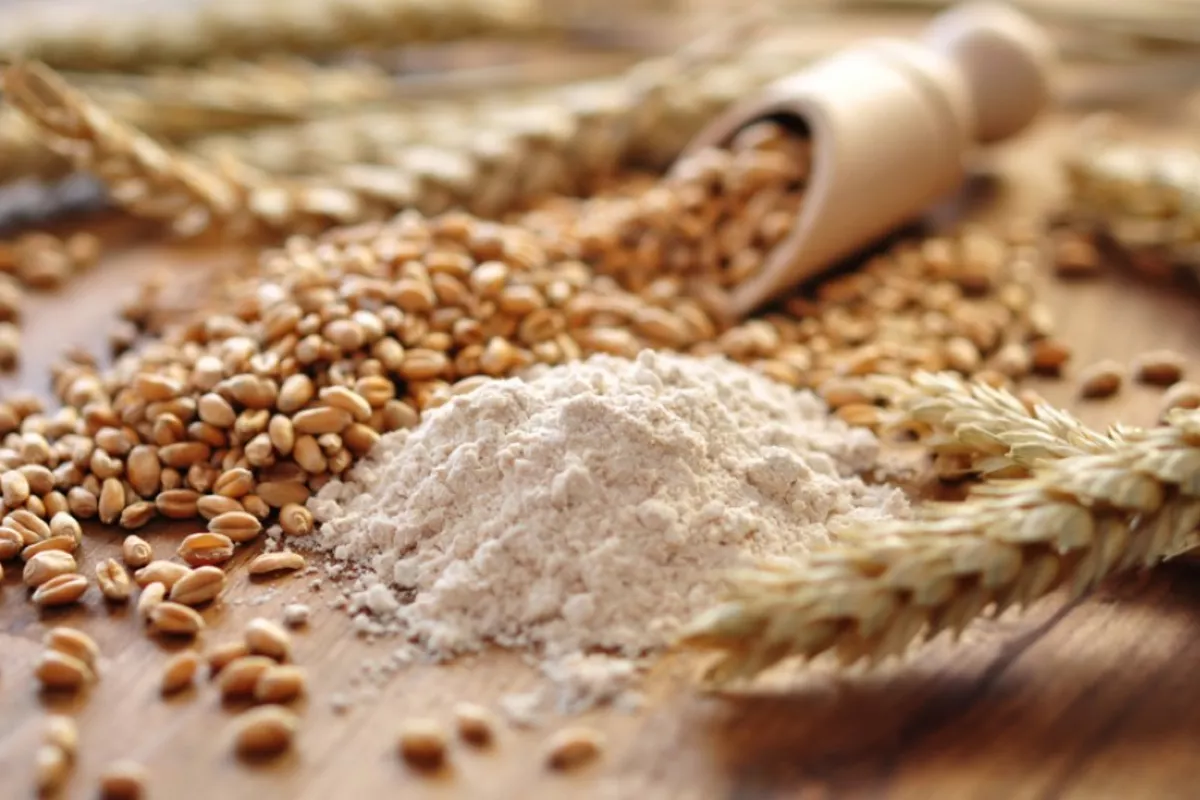
Photo credit: ukragroconsult.com
Georgia made a historic purchase of Kazakh wheat, importing nearly 70,000 tons in the first seven months of 2025.
This is a significant rise from the usual annual import of no more than 3,000 tons, marking a 62.5% increase in wheat imports compared to the previous year, The Caspian Post reports citing foreign media.
Kazakhstan became Georgia’s second-largest wheat supplier after Russia. The country consumes approximately 600,000-700,000 tons of wheat annually, purchasing most of it abroad. This year, due to a poor harvest, global prices rose sharply, forcing Georgia to seek alternative suppliers.Malkhaz Dolidze, Chairman of the Union of Grain Producers of Georgia:
“Right now, it was advantageous for us to import from Kazakhstan. Why? Because our Kazakh comrades, when the state delegation visited Kazakhstan, suggested that Kazakhstan could supply Georgia with wheat. We purchased this wheat.
Experts say the only downside to importing wheat from Kazakhstan is the expensive logistics.” However, given rising global wheat prices, while they remain stable in Kazakhstan, the price appears reasonable, which explains the increase in Kazakh grain supplies. Bread is Georgia’s number one commodity, so there are dozens of wholesale and hundreds of retail bakeries. In Tbilisi alone, there are approximately 130 workshops producing traditional bread and pastries.
Dali Dumberidze, Bakery Shift Supervisor:
“Our workshop has been operating for 25 years. We bake approximately 10,000 pieces of bread per shift, and we work three shifts. We bake bread in stone ovens. Bread is of great importance, as we Georgians eat it most often.”
In recent years, Georgia has increased its domestic wheat production; for example, this year we harvested approximately 200,000 tons, but this is still not enough for domestic consumption, so the country is forced to purchase grain abroad.
Share on social media
